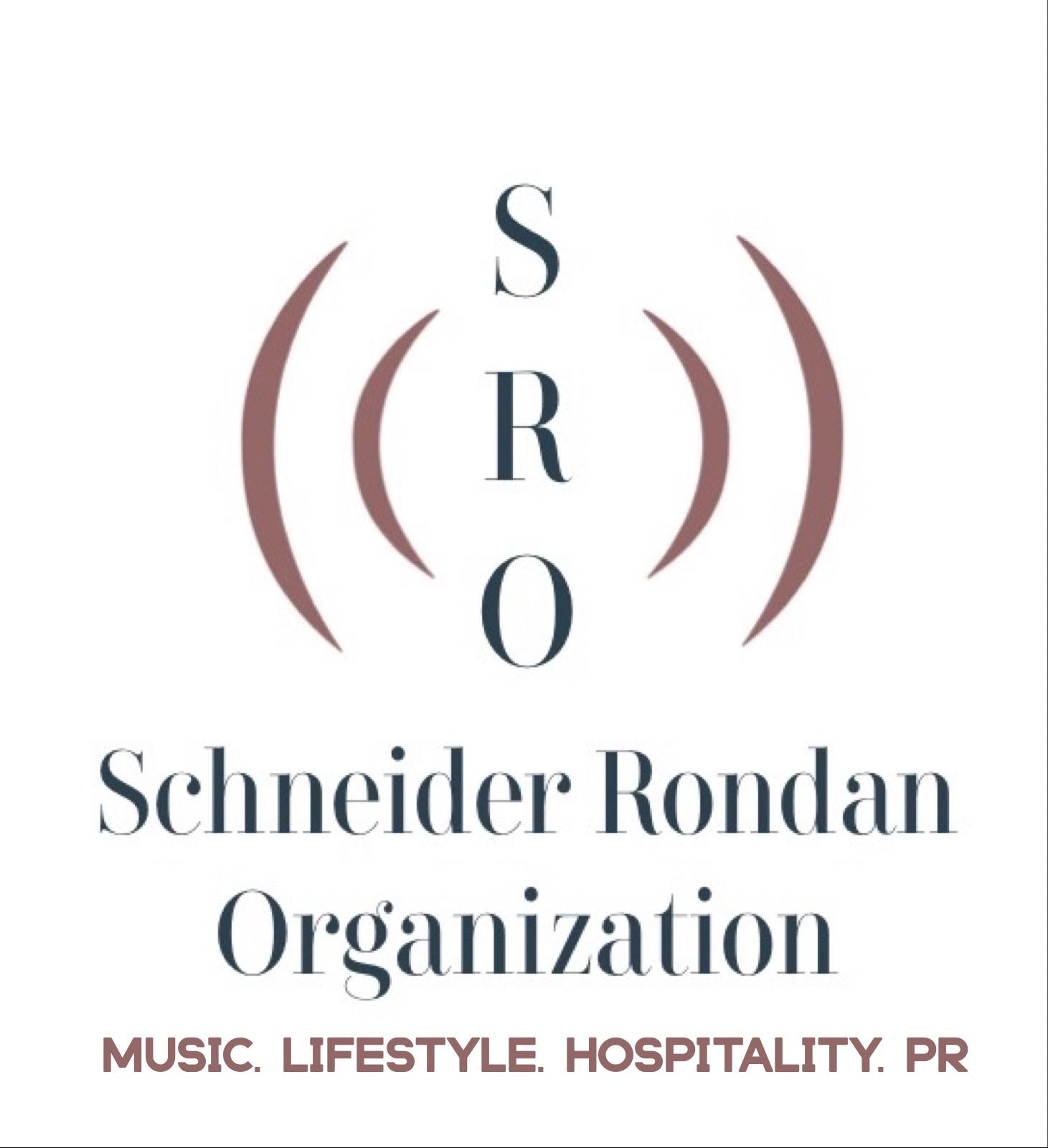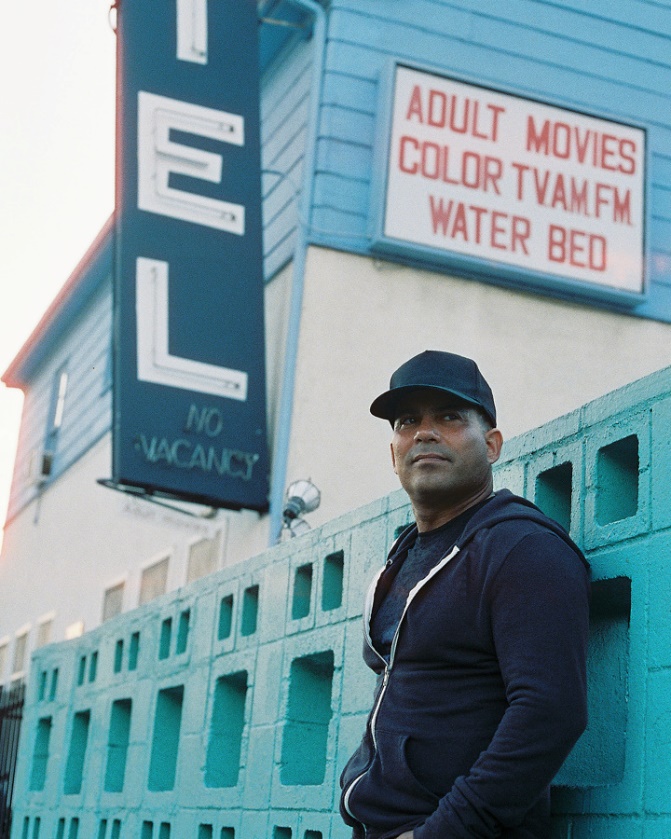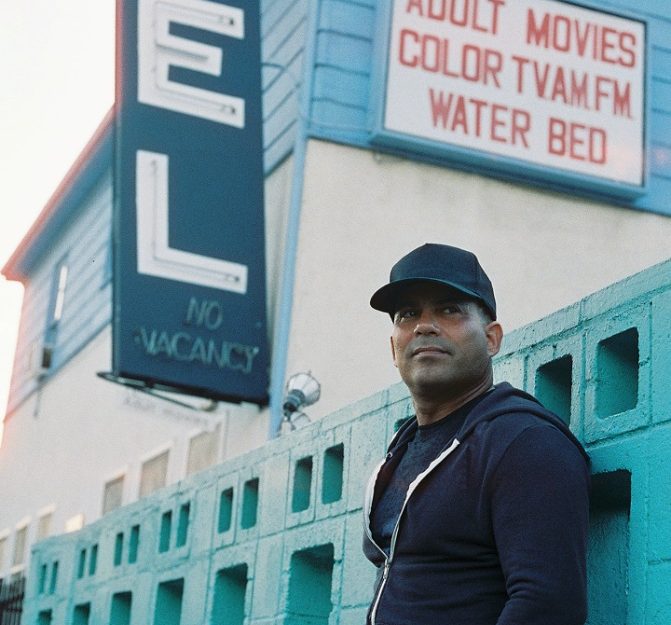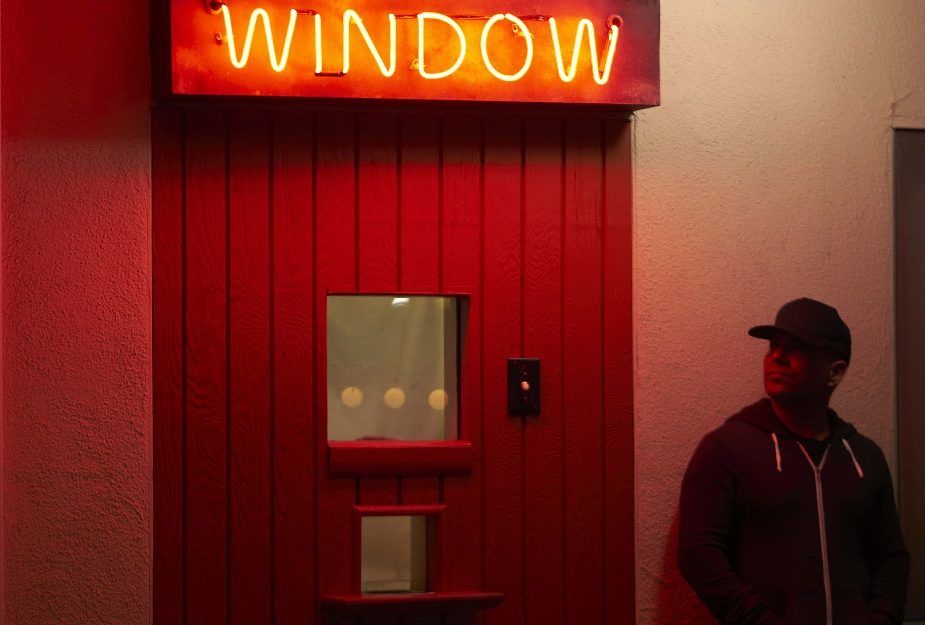ABE GROSSMAN Debuts New Video For “Always Know You’re Somewhere” From Just-Released ‘Night Window’ Album
DATE: FEBRUARY 1, 2022 FROM: MARCEE RONDAN ABE GROSSMAN DEBUTS NEW VIDEO FOR “ALWAYS KNOW YOU’RE SOMEWHERE” FROM JUST-RELEASED ‘NIGHT WINDOW’ ALBUM WATCH IT HERE On the heels of the […]




